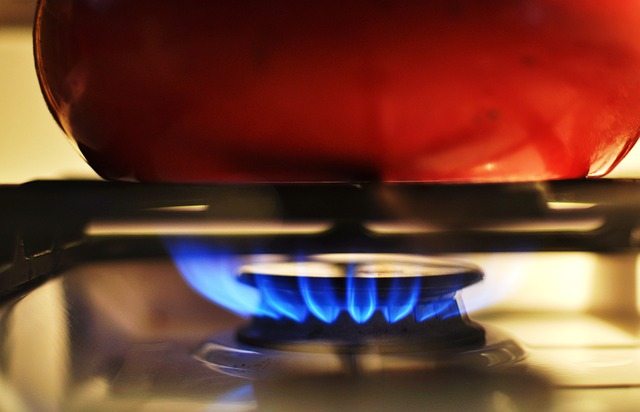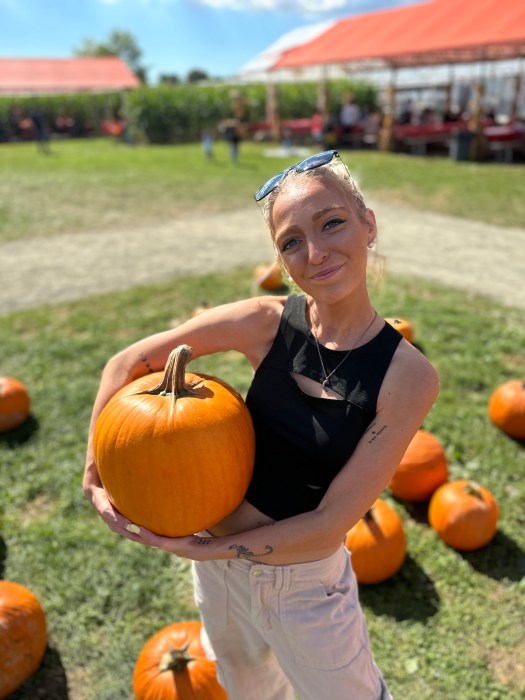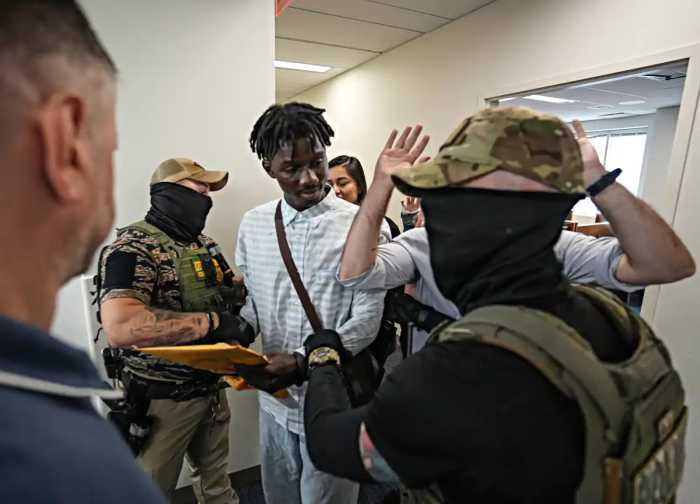 Thanksgiving is the busiest day of the year for home fires
Thanksgiving is the busiest day of the year for home fires
As New Yorkers make plans to gather with friends and family to celebrate Thanksgiving, the Firemen’s Association of the State of New York urges all to have a happy, safe holiday. According to the National Fire Protection Association (NFPA), unattended cooking and cooking accidents are responsible for the majority of home fires and fire deaths. Thanksgiving is the busiest day of the year for cooking fires and in 2013, the holiday saw 230% more fires reported than the daily average.
“This is one of the most joyous times of the year, when we gather with family and friends to enjoy one another’s company,” said FASNY President Ken Pienkowski. “FASNY asks all New Yorkers to follow these simple steps and advice to ensure that their holiday is a safe and happy one, and we wish everybody a very happy Thanksgiving.”
In addition to exercising caution when cooking, having working smoke alarms is critical in protecting against fires. Three of every five home fire deaths in the United States occurs in homes without smoke alarms or working smoke alarms. In 2015, legislation was passed and signed in Albany that will require all smoke alarms sold in New York State to be equipped with sealed-in, nonremovable batteries capable of powering the device for at least ten years. These alarms do not require battery changes during their lifespan, and greatly reduce the possibility of human error. The new legislation takes effect in 2017.
The most common factors in home cooking fires and ways to avoid them:
• Unattended cooking is the leading cause of fires in the kitchen: Stay in the kitchen while you are frying, grilling, or broiling food. If you leave the kitchen for even a short time, turn off the stove. If you are simmering, baking, roasting or boiling food, check it regularly. Remain in the home while food is cooking, and use a timer to remind yourself that you are cooking, as guests, phones, children, pets and other activity can easily distract a cook.
• Objects near the cooking catching fire: Clothing ignitions are common in home cooking fire deaths. It is important to wear short, close-fitting, or tightly rolled sleeves as loose clothing can dangle onto stove burners or gas flames and catch fire. Keep the cooking area clean and combustible materials away from your stove top. Built-up grease as well as oven mitts, food packaging, wooden utensils, towels, curtains and other materials on or near the stove can catch fire.
• Cooking equipment unintentionally turned on or not turned off. Be on alert! If you are sleepy or have consumed alcohol don’t use the stove or stovetop. Have children turned the stove on?
• Deep-frying turkeys: Turkey fryers that immerse the turkey in cooking oil at high temperatures pose a significant danger of hot oil being released or spilled during cooking, leading to devastating burns, other injuries and property destruction.
• Hot cooking oil exposed to water or outdoor elements: If rain or snow strikes hot cooking oil in propane-fired turkey fryers designed for outdoor use, the result can be a splattering of the hot oil or a conversion of the precipitation to steam, which can lead to burns. Frozen and defrosting turkeys also create the risk of contact between water and hot cooking oil, which can cause severe scalding or other serious injury.
Source: NFPA
Never fry a frozen turkey. Please click here for more information from the NFPA concerning the dangers involved.
If you do have a cooking fire:
• Just get out! When you leave, close the door behind you to help contain the fire.
• Call 911 or the local emergency number after you leave.
• For an oven fire, turn off the heat and keep the door closed.
• Do not use water to put out a grease fire. Use an appropriate fire extinguisher, or baking soda, salt, or a tight lid. Keep the lid nearby when you’re cooking, to smother small grease fires. Smother the fire by sliding the lid over the pan and turn off the stovetop. Leave the pan covered until it is completely cooled. Always keep a box of baking soda near the stove.
Please visit the NFPA’s website (www.nfpa.org) for more information on fire safety.
Founded in 1872, the Firemen’s Association of the State of New York (FASNY) represents the interests of the approximately 110,000 volunteer firefighters and emergency medical personnel in New York State. For more information, visit www.fasny.com.

































